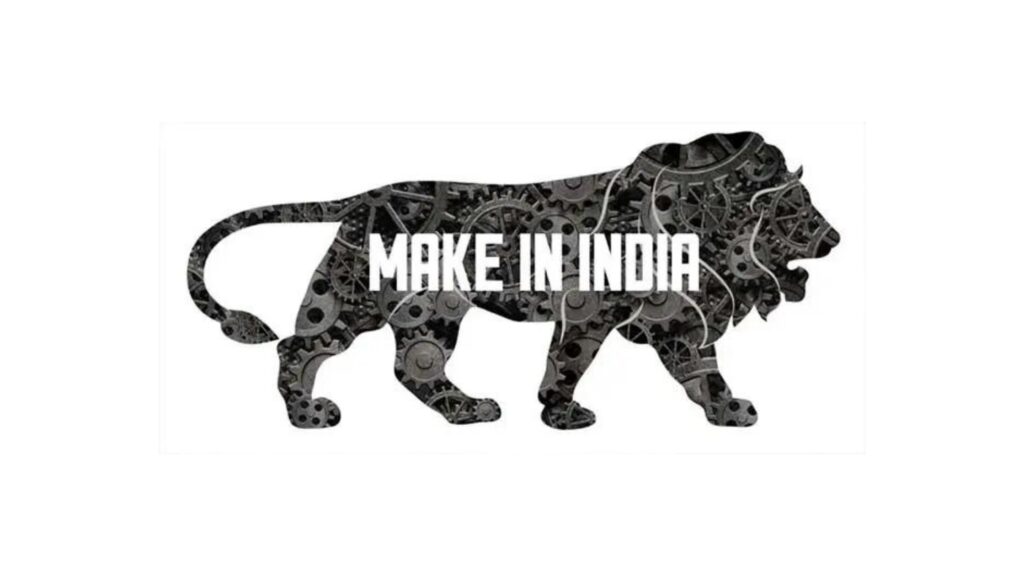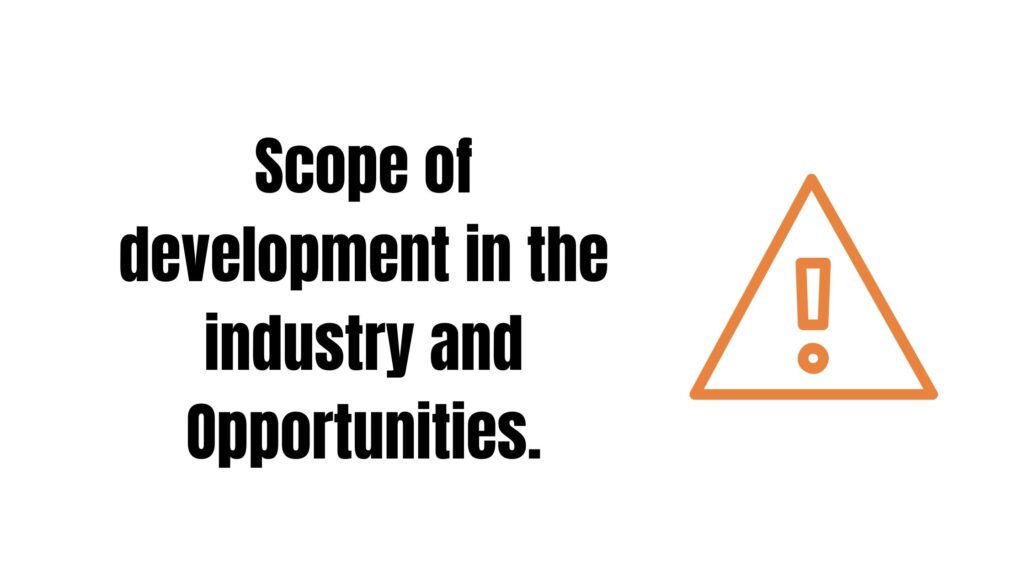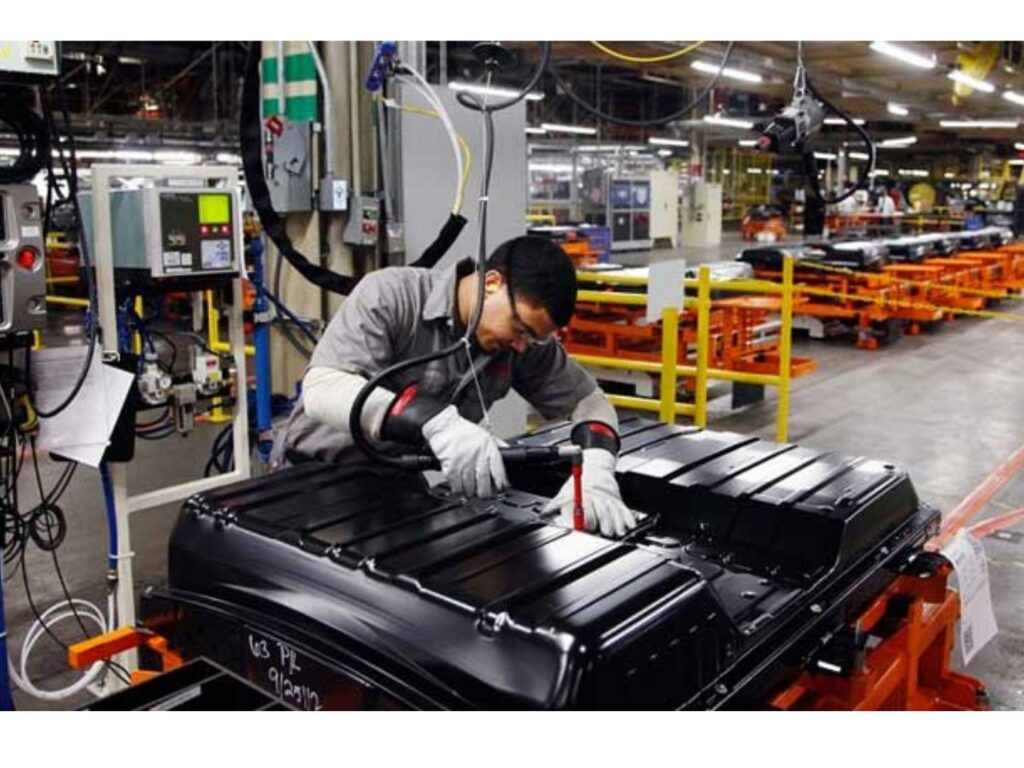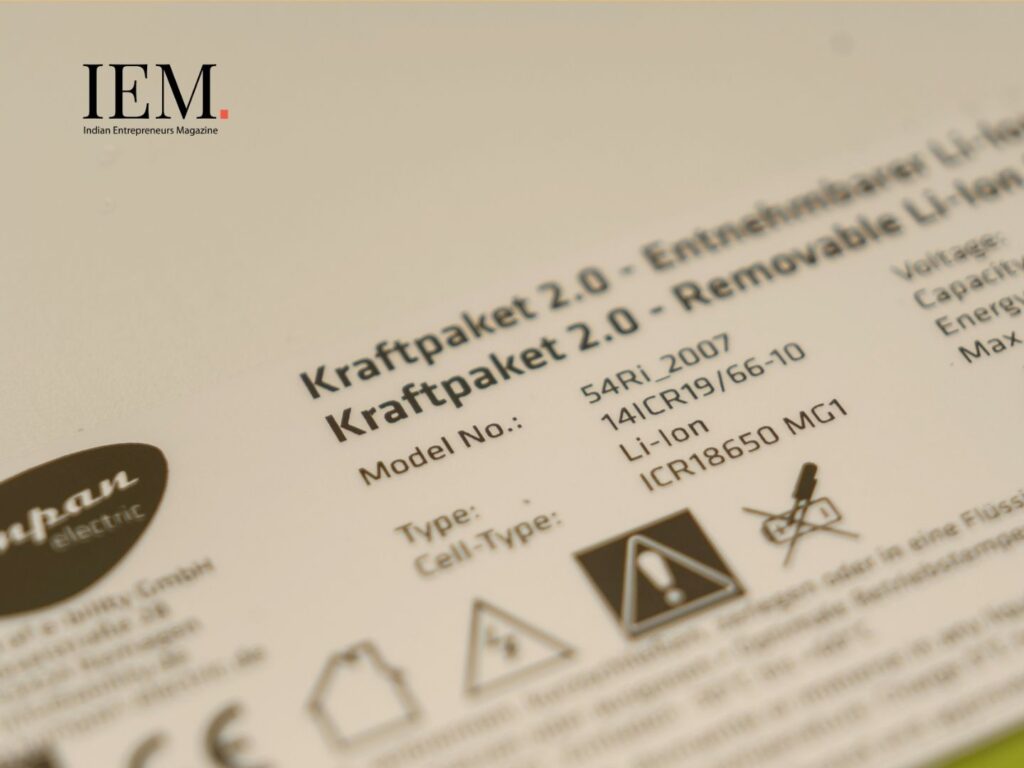INDIAN LITHIUM-ION BATTERY MARKET REACHED A MARKET VALUE OF US 2.1 BILLION DOLLARS
The total lithium-ion battery market in 2021 was around 39.41 billion and is expected to increase by 13 per cent between 2022 to 2027 to the IMARC(International Market Analysis Research and Consulting Group).
INDIA’S CONTRIBUTION TO THE LITHIUM-ION INDUSTRY

India alone contributes a value of 2.1 billion dollars in 2021 and is expected to reach a market value of 4.1 billion dollars. India’s largest battery manufacturer is Exide Industries. The Indian-based company has also announced to set up a Tesla-style Gigafactory using the production linked incentive(PLI) scheme. In India itself there are more than 1000 battery-based startups.
PROBLEMS FACED BY THE LITHIUM-ION INDUSTRY IN INDIA

Lithium-ion batteries are used in portable electronics and electric vehicles which have their own set of problems depending on the application of the battery.
1. Battery still does not provide long life along with a turbocharge process
2. These batteries are not manufactured in India instead they are imported and assembled from other parts of the world at a huge cost.
3. The lithium-ion batteries should be charged at a set temperature or they may overheat and explode.
4. Using a different charger to charge a different product leads to damaging the product and its battery life
SCOPE FOR SMALL BUSINESS OWNERS

As, entrepreneurs we are destined to fight and solve problems and also learn to solve them in a practical, feasible manner, This is a relatively new industry compared to the automobile industry and has scope for India’s new set of entrepreneurs. One of the biggest industries for a small business to grow is the reusable battery industry where TATA is at the forefront of this particular domain and is growing daily.
Solutions to some of the problems faced by the lithium-ion industry:
1. We need a good monitoring system and sensor machines that can help you analyze the working time of the batteries.
2. Setting up a manufacturing unit in India will cut down the cost, therefore, increasing the margin and profit gained by the company
3. Setting up a correct charging system for the right appliances or vehicles and therefore not degrading its battery life.


Upto the point. Short and sweet!
One of the best blogs I have read
Full of knowledge and passion
Well written!!!
Li-ion batteries are the most expensive component of an electric vehicle, accounting for 40% to 50% of its cost. With the increasing number of EVs in our transport system, the demand for Li-ion batteries for EV applications is set to skyrocket.
Nice content